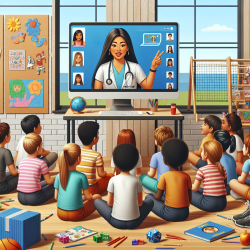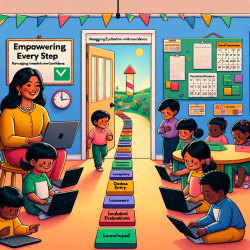1. Identifying Vulnerable Populations
The research identifies 14 risk factors grouped into four major categories: demographic, war-related, post-migration, and other risk factors. These include age, gender, education, number of traumatic events, conflict experience, duration of migration, post-migration stress, employment status, income, language proficiency, social support, marital status, previous neuropsychiatric disorders, and being a child of an affected mother.
Implementing comprehensive screening tools to identify children at risk can help us provide timely and effective interventions. Tools like the Hopkins Symptom Checklist-25 (HSCL-25) and the PTSD Checklist (PCL) are highly recommended.
2. Tailoring Cognitive-Behavioral Therapy (CBT)
Cognitive-behavioral therapy (CBT) has been proven effective for trauma survivors, especially children. The research highlights the Teaching Recovery Techniques (TRT) program, which includes nine sessions—seven for children and two for caregivers. This structured approach helps children process their trauma and develop coping mechanisms.
Incorporating TRT into our online therapy sessions can provide structured, evidence-based support for children affected by trauma.
3. Addressing Social Stigma and Barriers
The study also discusses the significant barriers to accessing mental health care, including social stigma and lack of awareness. As online therapy providers, we can play a crucial role in educating schools, parents, and communities about the importance of mental health support.
Creating informational resources and conducting awareness campaigns can help reduce stigma and encourage more children to seek the help they need.
4. Collaborative Care Models
The research advocates for multi-sectoral collaborative care models that involve family and primary care physicians. By fostering collaboration with schools, parents, and healthcare providers, we can create a comprehensive support system for children.
Regular communication and coordination with these stakeholders can ensure that children receive consistent and holistic care.
Encouraging Further Research
While the research provides a solid foundation, continuous learning and adaptation are crucial. Encouraging practitioners to stay updated with the latest studies and integrate new findings into their practice can lead to better outcomes for children.
To read the original research paper, please follow this link: War Psychiatry: Identifying and Managing the Neuropsychiatric Consequences of Armed Conflicts.










